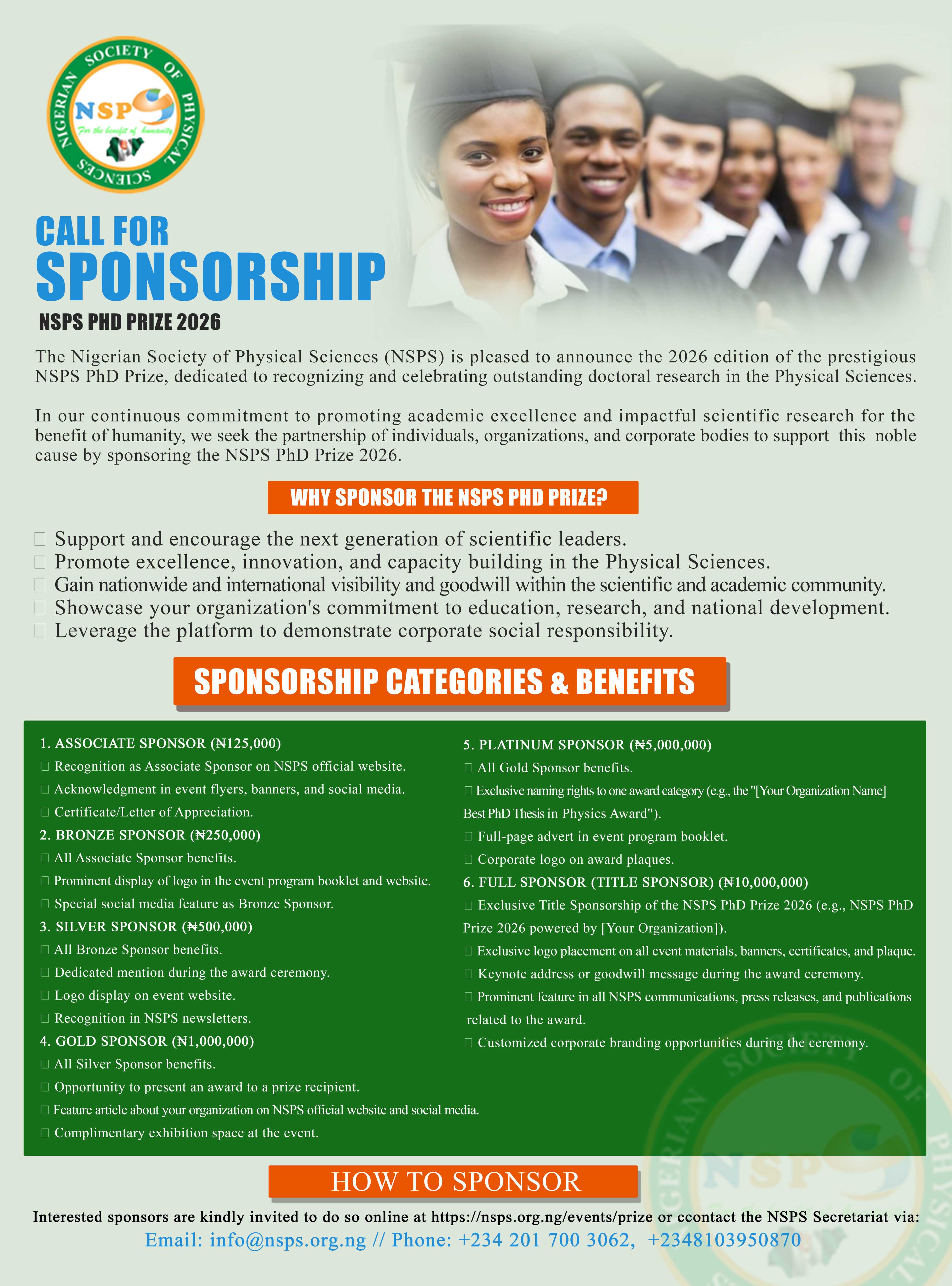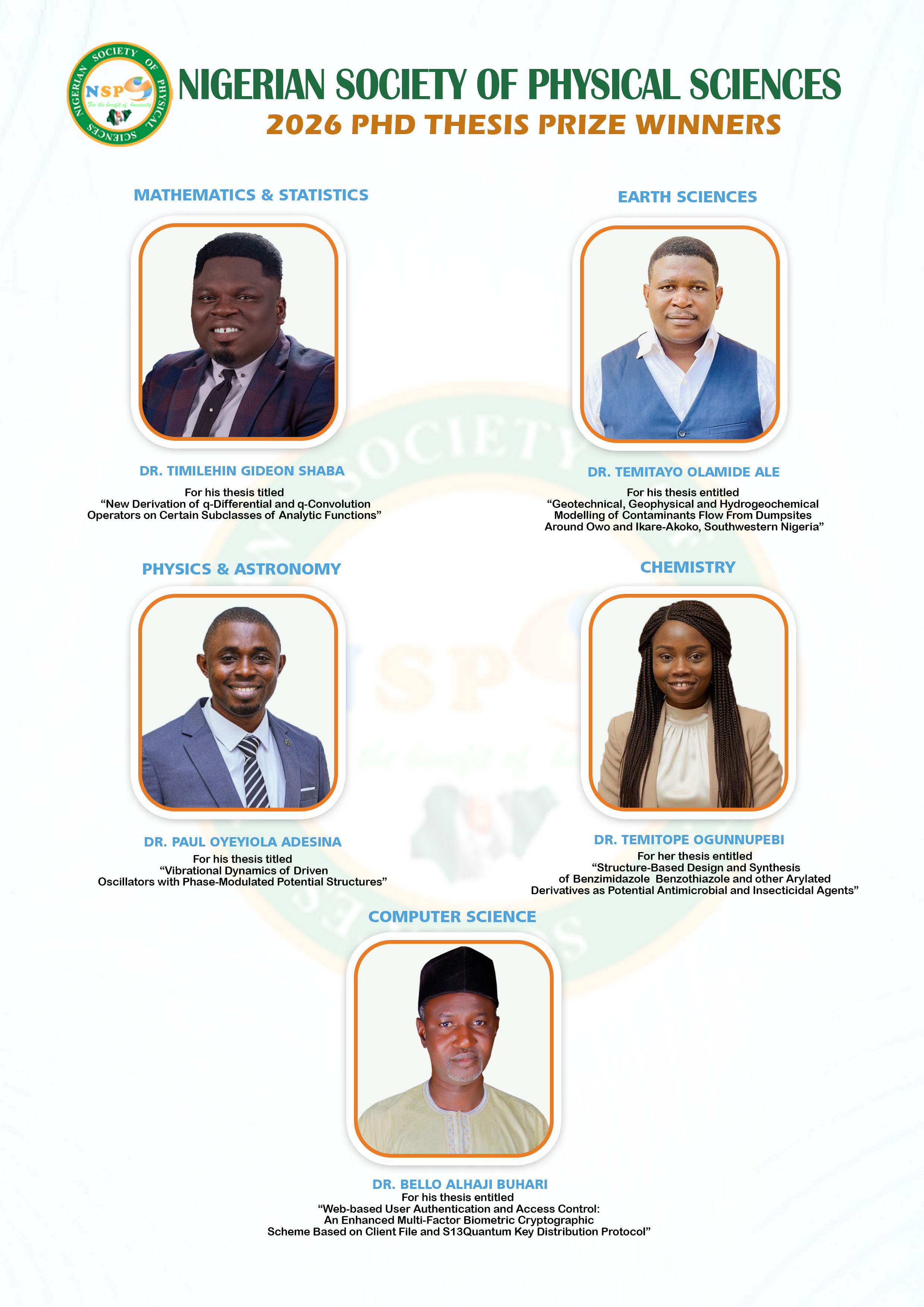Publication Ethics
To ensure that scientific publications are of top quality, get trust of the public in the scientific discoveries and attribute credit to the authors for their work, ethics guidelines are set in place. The following should be avoided
Falsification and fabrication of data:
Data fabrication implies that the researcher didn't actually conduct the study , but instead faked the data. Falsification of data occurs where the researcher has conducted the experiment but made changes to data. Authors of manuscripts or published papers that are discovered to have fabricate or falsified the results which includes manipulation of images, could be punished as well as the publication of their work could be removed.
Plagiarism
It's dishonest and unfair to make use of the work and ideas of scientists and not credit them. Plagiarism occurs when you copy just one word from a manuscript, or from one that was published previously without proper citation. The manuscripts that are copied are rejected. If already published, the publication may need to be retracted or corrected.
Multiple submissions
It isn't acceptable to submit the same manuscript to more than one journal at the same time. It is a waste of time for peer reviewers and editors and could damage the credibility of authors as well as journals. If discovered, sanctions may be imposed on authors whose articles have been submitted simultaneously elsewhere.
Redundant publications:
This is when you publish several similar papers that are built on the same research idea. Your findings are more appealing to JNSPS if you harmonize them into one complete research paper. Redundant publication in JNSPS would attract sacntions.
Incorrect author contributions or the attributions of authors:
The author listed must have made a significant scientific contribution to research and must have ratified the research. It is essential to list all authors who have made significant contributions to the research such as students and laboratory technicians. Do not "gift" authorship to someone who did not contribute to the research paper. Your institution could notified and your paper could be rejected if you're found guilty. Submissions made by anyone other than the authors will not be considered.
Modification of the Citation
Sanctions can be imposed against authors whose work contains references that are designed to improve the quantity and quality of citations for authors' works or articles that are published in a particular journal. Editors and reviewers should not request that authors' references be added to increase the number of citations for their work, or that of an associate, to the journal or another journal to whom they are affiliated.
Editors and Reviewers
When they have a recent publication or a current submission or share relationship of any kind with any author, editors and reviewers should decline involvement with such submissions. Also, editors and reviewers are required to disclose it in case they've discussed the manuscript before with authors.
Sanctions
JNSPS can impose the following sanctions for any journal informed of violations of our ethics guidelines for publication.
- Rejection of the manuscript, as well as all other manuscripts submitted by the author(s).
- Author(s) will not be allowed to submit manuscript for 2 years
- A prohibition to serve as an editor or reviewer will be issued.
In the event of serious ethical violations, the JNSPS may impose additional sanctions.
Investigations
Suspected breaches of our publication ethics policies, either before and after publication, as well as concerns about research ethics, should be reported to Editor-in-Chief ([email protected]) or the President, Nigerian Society of Physical Sciences ([email protected]).
Corrections and retractions
If there are any errors in articles published, the publisher will examine the issue and consult with the editors and the institution of the author. Authors can amend their manuscripts to correct mistakes, while errors made from publishers can be corrected by an Erratum. If there is evidence that misconduct took place, it may be necessary to retract the article in accordance with the COPE Retraction Guidelines.






